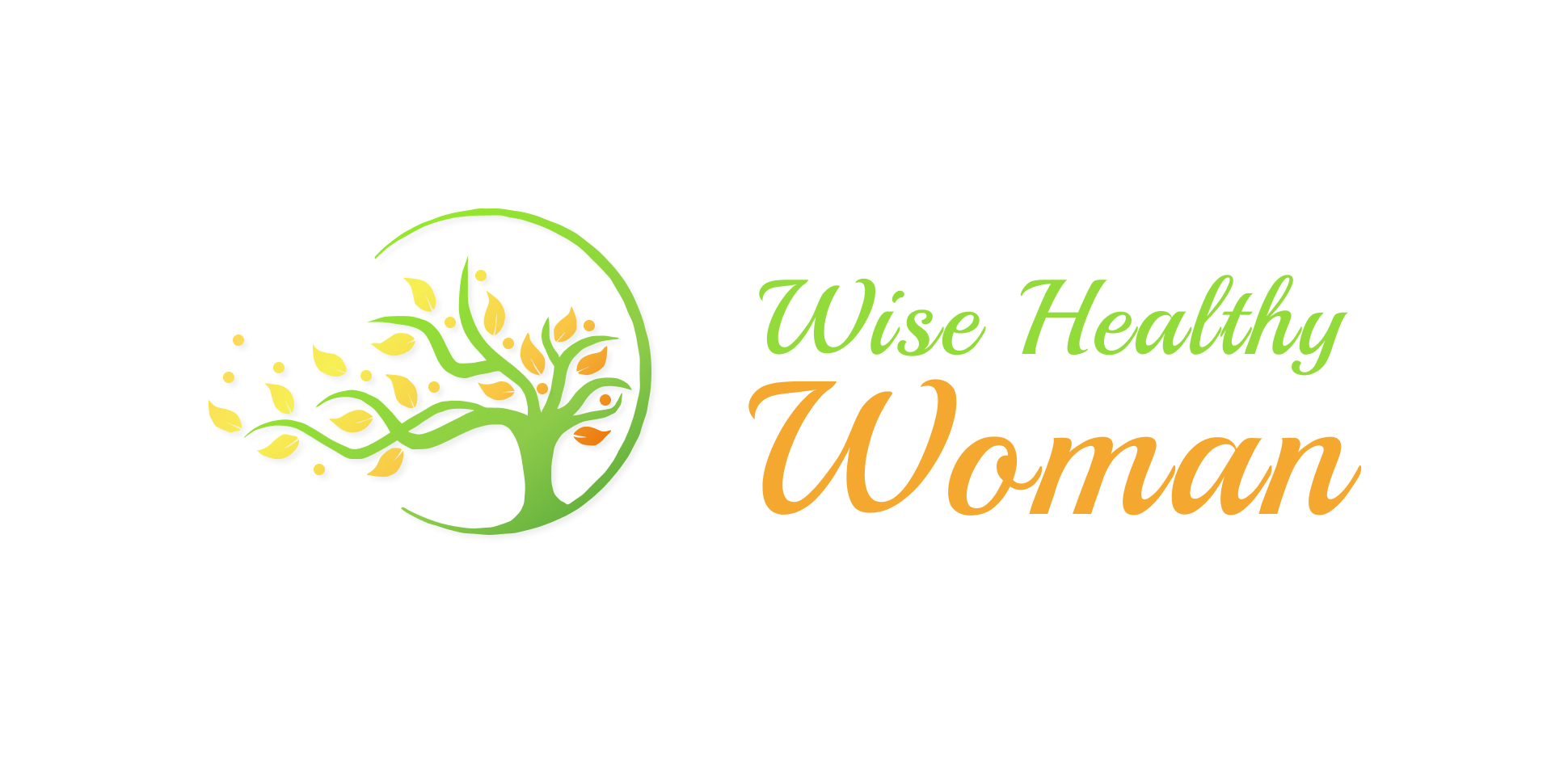Fall Allergies: Understanding the Causes and Solutions
As the seasons change, many individuals find themselves facing the unwelcome return of fall allergies. Whether it’s the pollen in the air or mold spores that trigger your symptoms, understanding the causes and solutions for fall allergies is essential for managing your health during this time of year. Let’s delve into the common questions and concerns surrounding fall allergies and explore how you can best deal with these seasonal challenges.
What causes fall allergies to flare up?
Fall allergies are often triggered by specific allergens that are prevalent during this time of year. Ragweed is one of the most common culprits, releasing abundant pollen into the air from August to November. Mold spores also thrive in damp conditions, which can occur as leaves begin to fall and accumulate moisture on the ground. Dust mites may also become more problematic as households close their windows and turn on their heating systems, creating an environment conducive to their growth.
How do you know if you have fall allergies?
If you experience symptoms such as sneezing, nasal congestion, itchy or watery eyes, and a scratchy throat during the fall months, you may be suffering from fall allergies. These symptoms can range from mild to severe and can significantly impact your quality of life if left untreated. Consulting an allergist for testing and diagnosis can help you determine the specific allergens that are causing your symptoms and tailor a treatment plan to your needs.
What are some ways to alleviate fall allergy symptoms?
There are several strategies you can implement to help alleviate fall allergy symptoms and improve your overall well-being during this challenging time of year. Avoiding outdoor activities during peak pollen times, keeping windows closed to prevent allergens from entering your home, using air purifiers to filter out airborne particles, and regularly cleaning and vacuuming your living space can all help reduce your exposure to allergens. Over-the-counter antihistamines, nasal sprays, and decongestants can also provide relief from bothersome symptoms.
Are there natural remedies that can help with fall allergies?
In addition to conventional allergy treatments, there are several natural remedies that may help alleviate fall allergy symptoms. Local honey containing pollen from your area may help desensitize your immune system to allergens present in your environment. Quercetin, a plant pigment found in foods like apples, onions, and green tea, has been shown to possess anti-inflammatory properties that may help reduce allergy symptoms. Nasal irrigation with a saline solution can also help clear out nasal passages and remove allergens.
In conclusion, fall allergies can be a challenging aspect of the changing seasons for many individuals. By understanding the causes of fall allergies, recognizing the symptoms, and implementing effective solutions and remedies, you can better manage your allergies and enjoy the beauty of fall without being constantly plagued by uncomfortable symptoms. Remember to consult with a healthcare professional or allergist for personalized advice and treatment options tailored to your specific needs.
